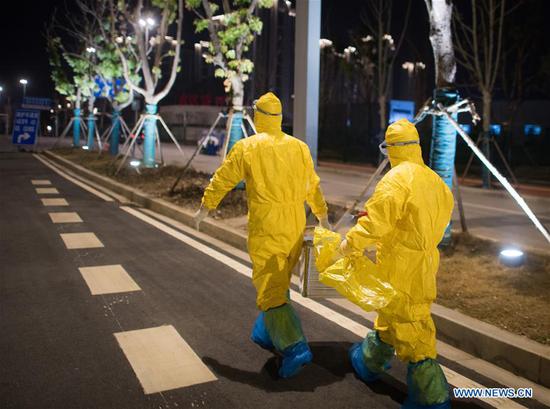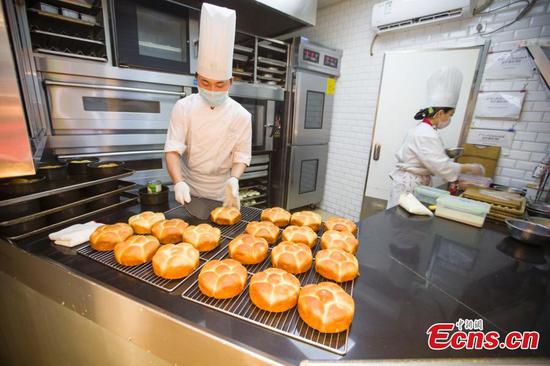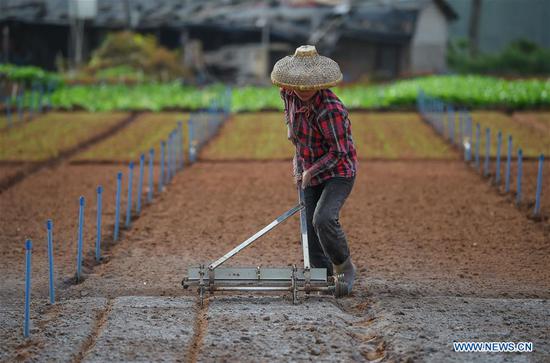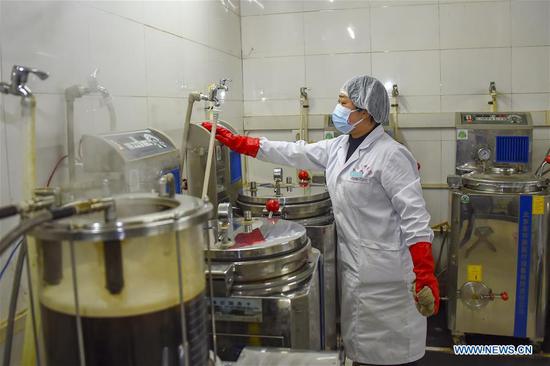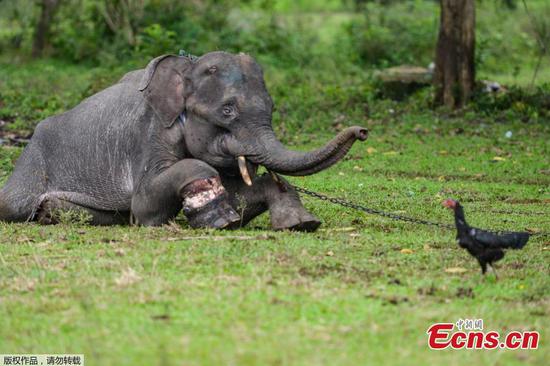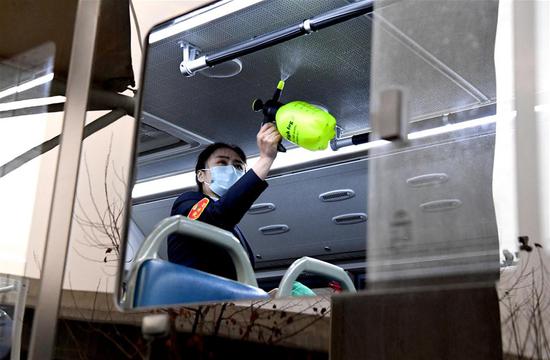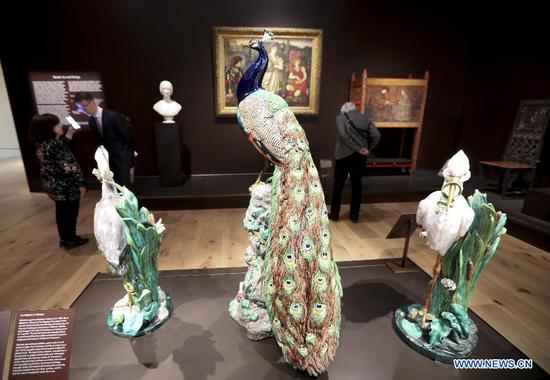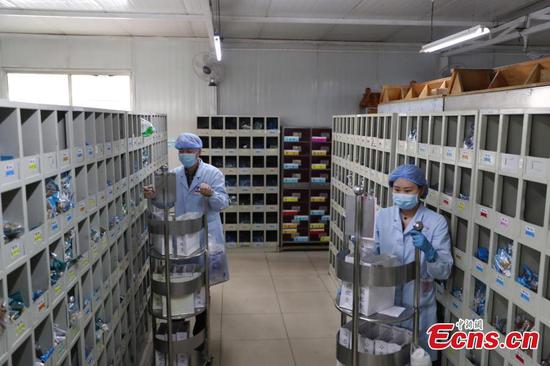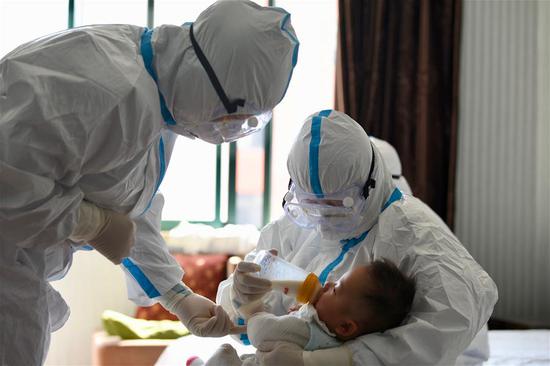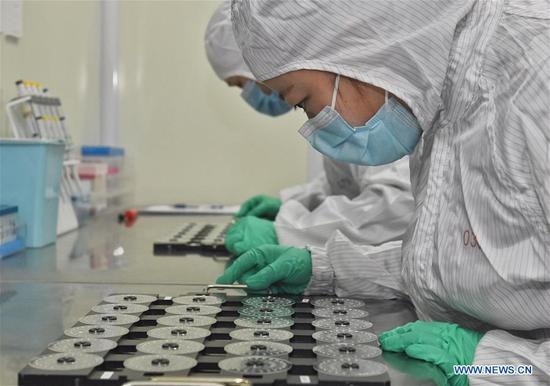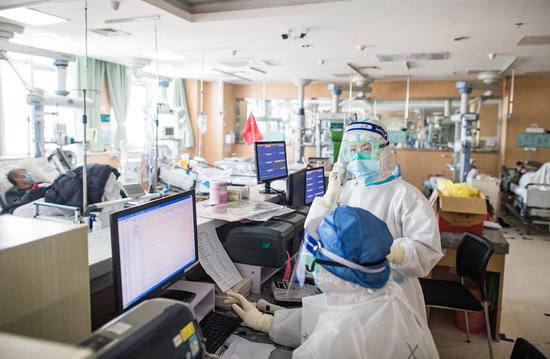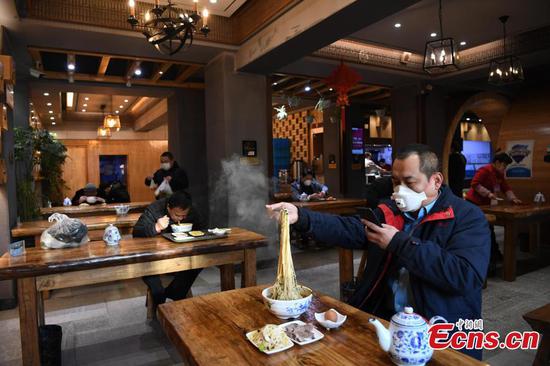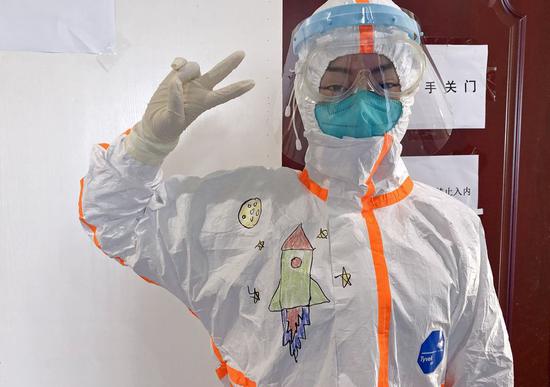Eating dogs, snakes, birds and turtles in Shenzhen, South China's Guangdong Province could be banned and affect your credit score.
The city issued a draft regulation on wild animal consumption as well as a blacklist and an edible whitelist of what animals can be consumed on Tuesday to give guidance to local people on eating wild animals, which is quite popular in the province.
Diners and restaurants violating the regulations can be fined up to 20,000 yuan ($2,800) to 200,000 yuan respectively and people raising forbidden wild animals for the purpose of providing food will be fined a maximum of 20 times the value of the commodity, the draft said. Credit scores will also be affected for those violating the regulations.
Dubbed as the "strictest regulation", it aims to "resolutely abolish the bad habit of wild animal consumption" and "control major public health risks from the source", the regulation stated.
The regulation extended the blacklisted animals from wild animals protected by laws and animals naturally in the wild to artificially bred, reared wildlife and pets.
"Some people raised wild animals, such as turtles, snakes, birds, and insects that have a great risk of spreading diseases and they cannot guarantee the safety of consumption," a relevant person in charge of the regulation said.
It also whitelisted nine edible animals to give an easy and quick answer to what animals can be eaten. Pigs, cows, sheep, donkeys, rabbits, chickens, ducks, geese and pigeons are on the list.
Mixed comments poured in after the draft was released.
"I am very supportive of this regulation as many wild animals can carry unknown viruses and can harm our bodies," Wang Haiyan, 50, from Guangdong told the Global Times.
She used to buy artificially raised turtles but said she won't do so again and would turn to other sources.
"A lot of local people in Guangdong dine on wild animals like snakes. As long as market transactions are banned, they will not eat them again," she added.
You Yuan, a media professional working in Guangdong, said the measures in this draft are "a little aggressive and leave little time for the whole industry to react, especially for those who legally rear the wild animals."
"Even for the animals in the whitelist, wild farming is common. For example, the wild-farmed chickens and pigs are very popular among Cantonese in recent years. From the perspective of epidemic prevention, the safety issues raised in the draft are not well-grounded," You told the Global Times.
A staff member of the Standing Committee of the Shenzhen Municipal People's Congress told the Global Times that it is accepting public opinions from residents and will take the next move by March 5, based on the feedback.















